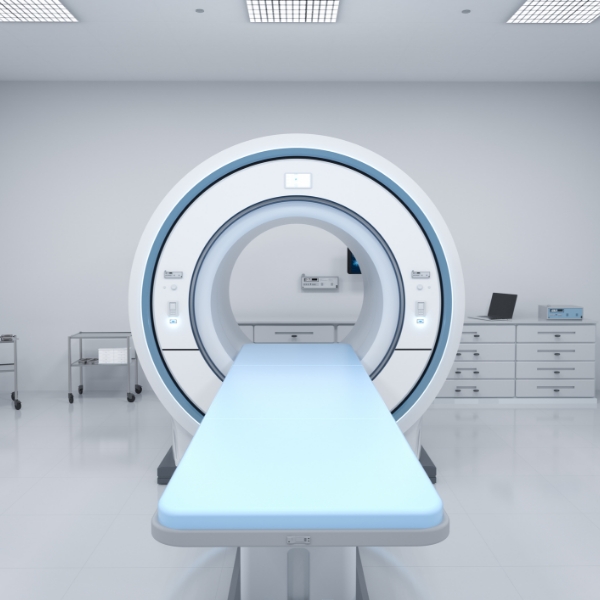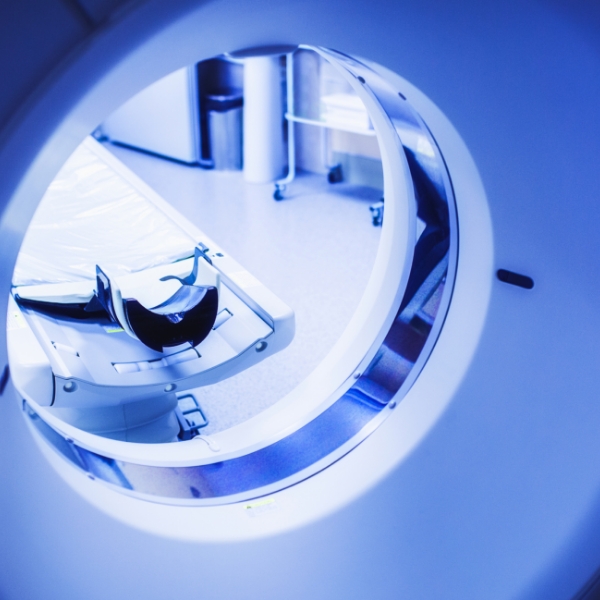Introduction
Radiodiagnostics uses X-rays to obtain diagnostic information about the patient.
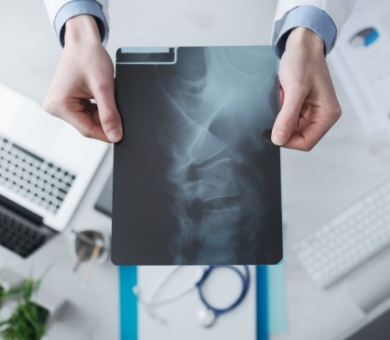
X-rays involve a radiation dose to the patient. And to a lesser degree to personnel who, during exposure, are in its proximity, being mitigated by adequate shielding.
Radiodiagnostic equipment must be correctly adjusted in order to achieve the desired diagnostic information with the lowest possible dose.
+ 2000
Controlled X-ray equipment
+ 70
Radioactive
facilities
+ 80
Editions
of courses
+ 96%
Satisfied students

Radiology facilities
At the ACPRO Radiological Facilities Unit, we offer a comprehensive Radiation Protection service, both for patients and for exposed workers and members of the public;

In addition, we collaborate in the administrative procedures associated with these facilities:

Radiation levels
Monitoring of radiation levels at working places and in the surrounding areas should be carried out annually, and whenever modifications have been made.
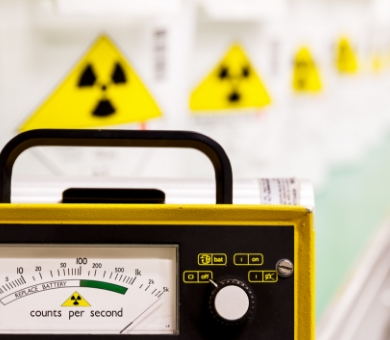
The Radiology Facilities Unit assumes the tasks related to the control during the operation of such facilities.

Quality control
The Real Decreto on Quality Control in Radiodiagnosis establishes the quality criteria for both radiodiagnostic equipment and the imaging and visualisation system.


Mammographic screening
It consists of performing mammograms in order to facilitate the early detection of breast cancer.
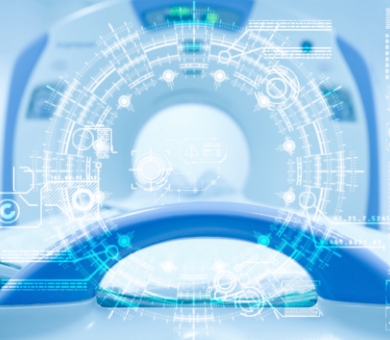
As a general rule, such screening is performed every two years, for women between the ages of 50 and 70.

Patient dose
The patient dose estimation is usually of general interest in the case of pregnant patients (dose to embryo or foetus) and specifically in the case of complex examinations in interventional radiology (mainly dose at the entry surface).
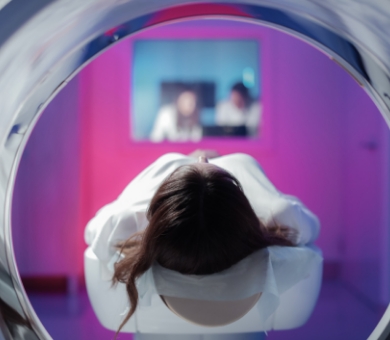
If a dose estimation associated with a scan is required, it is carried out on the basis of the data provided by the Center on the scan performed and those obtained in the quality control. Depending on the modality, the Center has to complete one of the following forms:

Quality Assurance Programme
The Quality Assurance Program (QAP) is fundamentally designed for patient protection (good diagnostic quality with the lowest possible dose).

It is intimately linked to: a) the performance of the examinations according to appropriate protocols and b) a correct condition of the equipment used, guaranteed through its quality control. Such quality control is part of the QMP.

Radiation Protection Programme
The Radiation Protection Programme (RPP) is a document that all radiodiagnostic facilities must have and is designed to protect both exposed workers and members of the public.
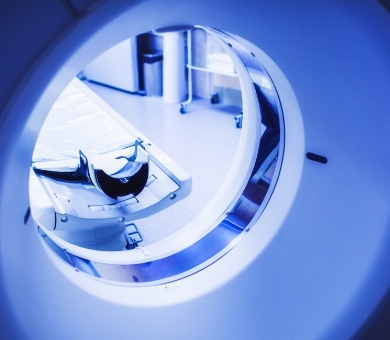
The PPR aims to ensure that the doses they may receive are as low as reasonably achievable (ALARA criterion – As Low As Reasonably Achievable) and which are in any case below the established limits.

Shielding calculation
The installations, both in their initial design and in subsequent modifications, must be provided with adequate shielding (complying with ALARA criteria and also without falling into possible oversizing).

The shielding to be applied depends mainly on the type of equipment (mode), its workload and the intended use and occupancy of the area to be shielded.

Certification
Based on the provisions of Spanish Royal Decree 1085/2009, for the declaration of radiodiagnostic facilities is required: a) Declaration of the owner, b) Ventra and Technical Assistance Company (EVAT) certification and c) Certification by the Technical Unit for Radiological Protection (UTPR).

Do you want to know more about the radiology facilities service?
Leave us your email and we will contact you as soon as possible.



